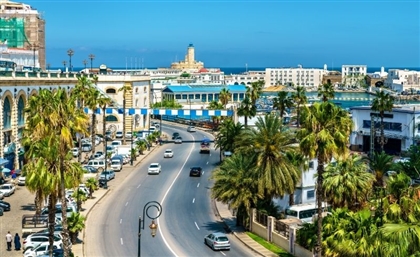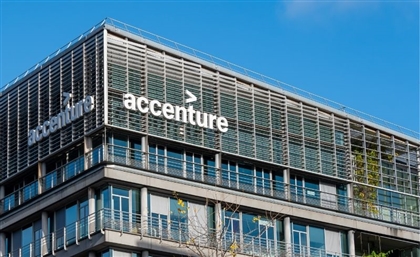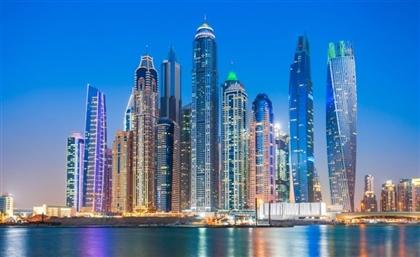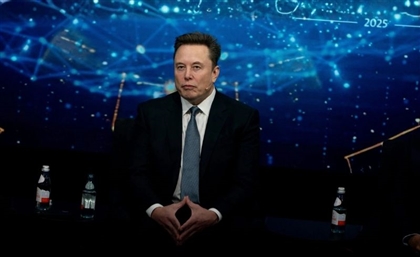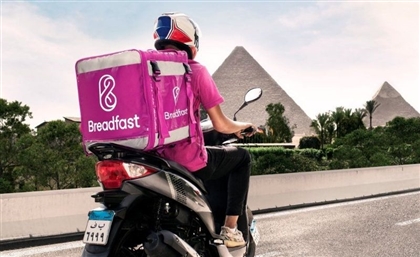Dubai Future Accelerators Opens Up Applications to Solve These 20 Incredible Challenges
Run by the Dubai Future Foundation and the government of Dubai, the acceleration programme aims to tackle the global challenges of tomorrow, using the Emirati city as a testbed. Here's the problems they are trying to solve.
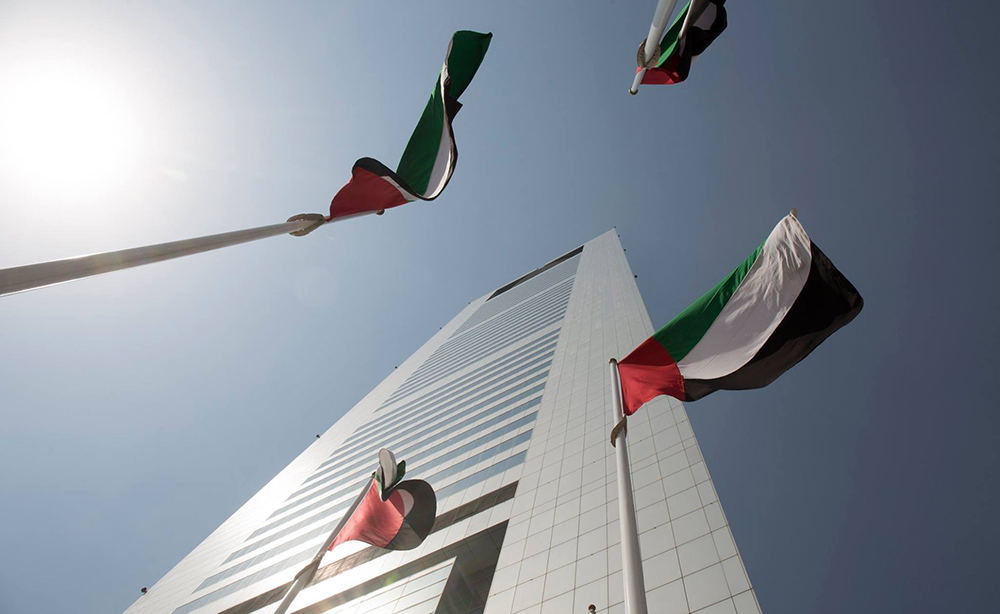
10. Explore sustainable and integrated requirements for autonomous and electrical transport testing and operating using emerging technologies such as wireless charging and Vehicle-to-infrastructure (V2I) systems.
11. Implement breakthrough systems for cyclists and pedestrians, in addition to the new personal modes of transport.
12. Introduce futuristic construction methods and materials for transportation and roads infrastructure that will reduce time, cost and impact on traffic.
13. Utilize digital twin technology to increase fleet maintenance efficiency, in roads and transport.
14. Etisalat's internal challenge: Accelerate Etisalat’s transformation to a digital telco by increasing customer adoption of digital self-care channels thereby enhancing customer experience and reducing 50% calls to Etisalat customer care over the next one year using artificial intelligence, analytics/insights, machine learning etc.
15.Etisalat's external services: Transform the experience of visitors (students, residents, leisure and business tourists, etc) of city attractions (Expo2020, museums, libraries, landmarks etc) by leveraging extended reality (AR/VR) and artificial intelligence at every stage of the visitor journey (pre, during and post), aiming at 90 percent adoption by the targeted audience by 2021.
16. In the field of residence and foreign affairs: Fully integrate artificial intelligence to enable a seamless journey for passengers by using the Smart Passage. Seeking solutions that focus on electronic auto approvals in the system in order to remove all human interaction with regards to passenger pre-clearance. Based on other processes applied within GDRFA, such as pre-clearance, counters and/or smart gates, artificial intelligence is applied but only in a small section in the process and there is a lot of human interaction that occurs.
17. Using behavioral nudges to increase adoption of government digital services by 25 percent, in partnership with Smart Dubai office.
18. Using IOT for inventory management on the government ERP system to save 30 percent of employee time and efforts, in partnership with Smart Dubai office as well.
19. In partnership with Du Telcom: Leverage machine learning and big data to optimize the relationship with enterprise customers from lead management to the point of service fulfillment by 30 pecent.
20. Utilizing technology to improve the livelihood of refugees, in partnership with Mohammed Bin Rashid Global Initiatives. The challenge aims to address the situation of 70 percent of refugees, who are living below the poverty line in their host countries, up from 50 percent in 2015. In the Middle East, 86 percent of those living outside of camps in Jordan are now living below the poverty line, while in Lebanon 70 percent of Syrian refugee households live far below the national poverty line. As UNHCR does not have 59 percent of the funds needed to reach refugees who require assistance, there is a funding shortfall of USD 795 million.
Applications are open until February 6th here.
- Previous Article Bassita: Click Funding for a Better Egypt
- Next Article 8 Wonder Women Entrepreneurs Crossing Milestones in Jordan



